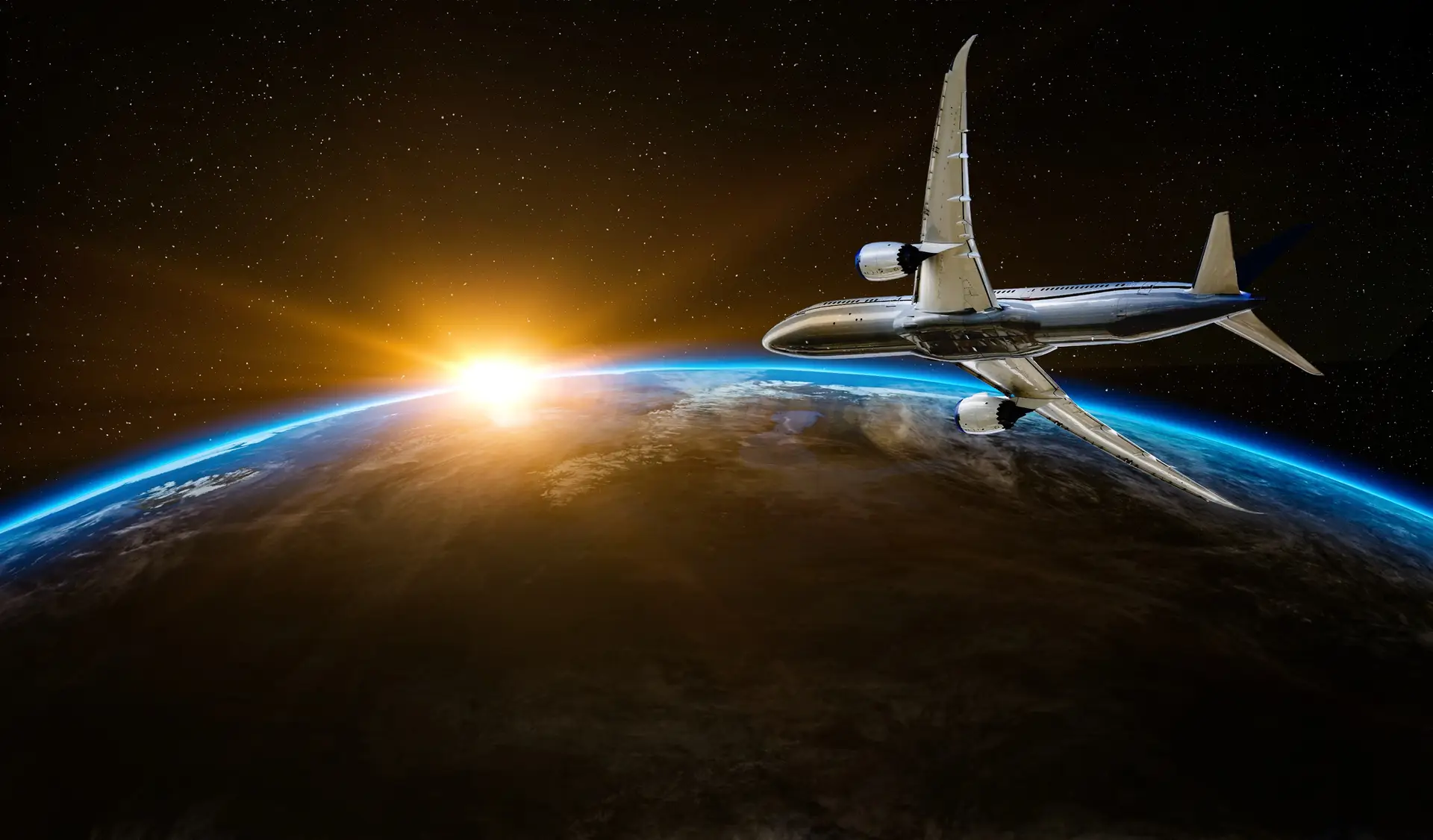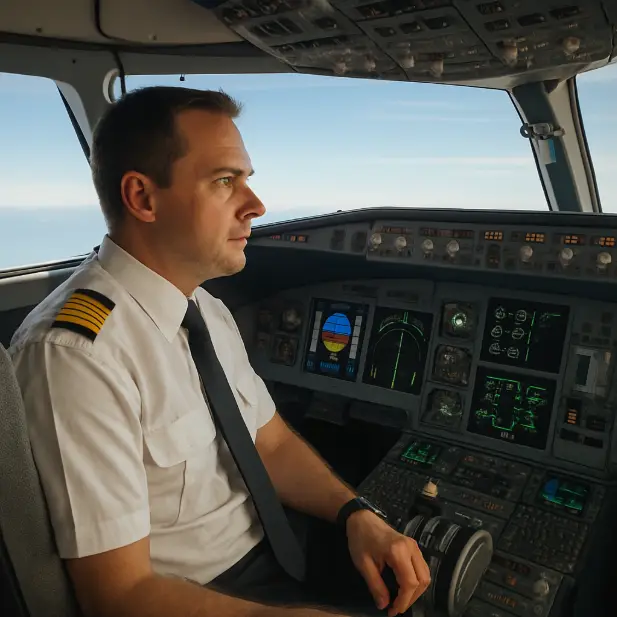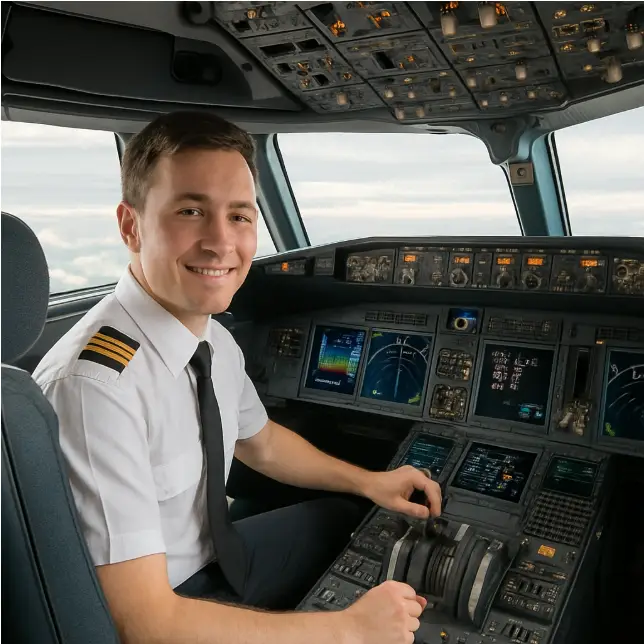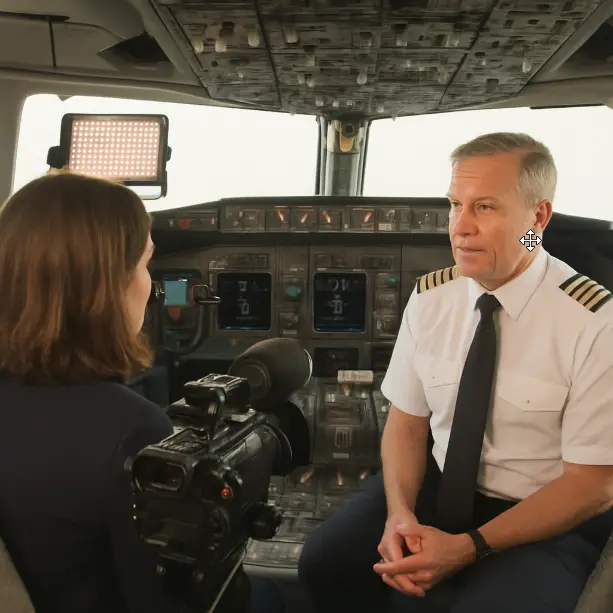Space Tourism: Future of Aviation & Exploration

- aviatorpro_6714
Space Tourism and Aviation’s Future
The fascination with space has long captured the human imagination. From ancient astrologers to modern astronomers, the mysteries of the cosmos have always invited exploration. The allure of the stars, planets, and galaxies has inspired countless tales, fueled scientific inquiry, and driven humanity to push the boundaries of what is possible. However, the dawn of the 21st century brought with it a new frontier: space tourism. This burgeoning industry is no longer a concept confined to science fiction but a tangible reality that promises to redefine our relationship with space. As we stand on the brink of a new era in aviation and space exploration, it’s crucial to understand how space tourism is shaping the future of aviation.
The Emergence of Space Tourism
Space tourism is no longer a flight of fancy. With rapid advancements in technology and increased investment, companies like SpaceX, Blue Origin, and Virgin Galactic are making it possible for civilians to experience space travel. These pioneers are developing spacecraft designed not only for astronauts but also for everyday people who dream of exploring the stars. The vision of democratizing space travel is becoming a reality, offering an unparalleled experience that was once the exclusive domain of highly trained astronauts.
A New Market for Aviators
For aviators, this new market presents exciting opportunities. Pilots and engineers with experience in aviation now find their skills in high demand as they transition to the burgeoning field of commercial space travel. The industry requires a blend of aeronautical knowledge and innovative thinking to design, build, and pilot spacecraft capable of carrying passengers beyond the Earth’s atmosphere. Additionally, training programs are emerging to equip aviators with the specialized skills needed for space tourism, including understanding microgravity environments and operating advanced spacecraft systems.
Economic Impact and Opportunities
The economic implications of space tourism are significant. The industry is expected to generate billions of dollars in revenue over the next decade, creating a ripple effect across various sectors. This growth will create jobs, drive technological advancements, and stimulate sectors such as hospitality, transportation, and entertainment. As more companies enter the space tourism market, competition will likely drive down costs, making space travel accessible to a broader audience. Furthermore, the emergence of spaceports and related infrastructure will provide additional economic benefits to regions willing to invest in this forward-looking industry.
The Role of Technology in Space Travel
Technology is at the heart of space tourism. Advances in propulsion systems, materials science, and safety protocols are essential to ensuring the feasibility and safety of commercial space flights. Each technological breakthrough not only makes space travel more accessible but also enhances the safety and comfort of passengers, crucial for the industry’s growth.
Propulsion Systems
The development of reusable rockets has been a game-changer for space exploration. Companies like SpaceX have successfully launched and landed reusable rockets, significantly reducing the cost of space travel. These advancements are paving the way for more frequent and affordable spaceflights, allowing a wider audience to experience space travel. The focus on reusability not only lowers costs but also promotes sustainability, a critical consideration as the frequency of launches increases. Innovations such as hybrid propulsion systems are also being explored to further enhance efficiency and reduce environmental impact.
Safety Protocols
Safety is a paramount concern in space travel. Rigorous testing and adherence to strict safety standards are essential to protect passengers and crew. Innovations in spacecraft design, emergency protocols, and passenger training are key to ensuring safe and successful missions. Companies are investing heavily in research and development to create robust safety systems that can handle the unique challenges of space travel. This includes advancements in life support systems, communication technology, and emergency evacuation procedures, all designed to ensure the highest levels of safety for tourists venturing beyond our planet.
The Future of Aviation and Space Exploration
Space tourism is poised to revolutionize the aviation industry. As technology evolves, the line between aviation and space exploration blurs, leading to new possibilities for travel and exploration. This convergence is fostering innovation and inspiring new approaches to transportation that could transform our understanding of distance and connectivity.
Suborbital and Orbital Flights
Suborbital flights, which take passengers to the edge of space before returning to Earth, are becoming increasingly popular. These flights offer a taste of space travel without the complexities of orbital missions, providing an accessible entry point for space tourism. However, as technology advances, orbital flights, which involve completing one or more orbits around the Earth, will become more accessible to tourists. The prospect of longer-duration stays in space, such as visits to space hotels or research stations, could soon become a reality, further expanding the market and the potential for space-based activities.
International Collaboration
Space tourism also fosters international collaboration. Countries around the world are investing in space programs, and multinational partnerships are becoming more common. This global effort is driving innovation and expanding the possibilities for space exploration. By working together, nations can pool resources and expertise, accelerating the pace of technological advancements and ensuring the sustainable development of space tourism. Such collaborations also promote cultural exchange and understanding, as people from different backgrounds unite in the shared pursuit of exploring the cosmos.
Challenges and Considerations
Despite its promise, space tourism faces several challenges. Environmental concerns, regulatory hurdles, and the need for sustainable practices must be addressed to ensure the industry’s long-term viability. The road to a thriving space tourism industry is fraught with obstacles that require careful consideration and strategic planning.
Environmental Impact
The environmental impact of space travel is a growing concern. Rocket launches produce significant carbon emissions and contribute to atmospheric pollution. As the industry grows, finding ways to minimize environmental harm will be crucial. Research into eco-friendly propulsion systems and sustainable practices is underway to address these concerns. Innovative solutions, such as green fuels and carbon offset initiatives, are being explored to mitigate the environmental footprint of space tourism and ensure that this new frontier does not come at the expense of our planet’s health.
Regulatory Framework
A robust regulatory framework is essential for the safe and ethical development of space tourism. Governments and international bodies must work together to establish standards and guidelines that ensure the safety of passengers and the protection of space environments. This includes addressing issues such as liability, insurance, and space debris management. As space becomes more crowded, clear regulations are needed to manage traffic and prevent collisions, ensuring that space tourism can coexist with scientific and commercial activities in a safe and sustainable manner.
Ethical Considerations
Space tourism raises ethical questions about accessibility and the allocation of resources. As the industry develops, it’s important to consider how to make space travel inclusive and ensure that the benefits of space exploration are shared globally. Efforts must be made to ensure that space tourism does not exacerbate inequalities or become an exclusive domain for the wealthy. Initiatives to provide scholarships or subsidized flights for underrepresented groups could help make space tourism more inclusive and equitable.
Conclusion
Space tourism represents a thrilling frontier for aviation and space exploration. While challenges remain, the potential benefits are vast. As technology advances and the industry matures, space tourism will play a pivotal role in shaping the future of travel and exploration. Aviators, engineers, and enthusiasts alike are poised to be part of this exciting journey into the final frontier, where the possibilities are as limitless as the stars themselves. The success of space tourism will depend on our ability to innovate, collaborate, and navigate the challenges ahead, ensuring a future where space travel is accessible, sustainable, and transformative for all.



